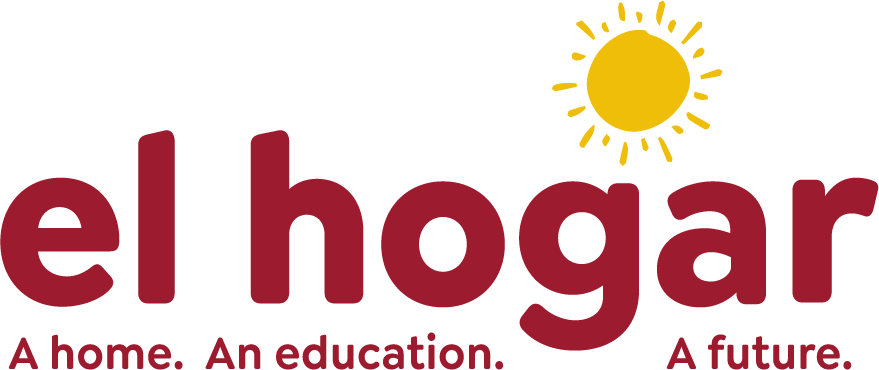Offering A Solution In A Time Of Crisis
August 23, 2019By the Rev. Matthew Engleby, Executive Director of El Hogar in Honduras
A decade or two from now, when we come to the point of framing the migration crisis with some historic perspective, one image will most certainly be a part of that story. The drowning death of a father and daughter on the banks of the Rio Grande captured the hearts of the public in the U.S. in a way in which other tragic imagery of this crisis seemed fleeting. I suspect it was the anonymity of the face down victims that resonated with the public; a connection with all parents’ fears of failure and loss. Regardless, the image captured the tragic desperation in the lives of so many Hondurans, and those of the global community, who suffer from poverty and violence.
There have been some very challenging articles written recently that captured vignettes of life in Honduras, the Northern Triangle, and along the route to the U.S. border. I suggest you read the op-ed article from the New York Times of July 28 entitled “Pay or Die.” The author, Sonia Nazario, shares the very chilling details of life in the gang-infused neighborhoods of Honduras – areas that include the location of our primary school. The article’s title summarizes life in these barrios – either you pay the gangs, or your life is in jeopardy.
This article, and others, help clarify the background of the migration crisis and lend perspective for North Americans to the challenges at the U.S. border. Regrettably, some public discourse has framed these dangerous journeys as being of choice — questioning the motives of migrants. But let me be clear, at no point does a mother casually permit her child to take on the journey toward the promised land of the United States. A mother painfully concedes to the reality that a child’s survival may depend upon this dangerous trek. And I do hope that all of those who support our work in Honduras can call out the offensive stereotypes and language as being a misrepresentation of that reality.

I do believe that our organization and the team that I work with in Honduras are part of the solution to this crisis. I think it is fair to say that policy decisions made by both past and current administrations in Washington regarding Central America, and Honduras in particular, have presented difficult challenges for organizations like ours and for the families we work so hard to lift up. I hope you will consider contacting your senator or congressperson to advocate for sensible policies that help make Honduras a safer and healthier place to live and raise children. The language and descriptions of migrants coming from Central America unjustly vilifies the migrant and casts them as enemies. This will have subtle long-term consequences as human relationships erode. More so in this past year than any other time, I am seeing clear signs of anti-American sentiment being voiced here in Honduras. That sentiment will erode investment and productive relationships. Further, the decision of the United States to reduce funding to relief efforts and development agencies in Central America is of considerable concern. I have been exploring partnerships with other organizations similar to ours, and every one of them is facing budget cuts as a result of reduced funding from the U.S. The painful irony is that by reducing funding to these agencies, conditions worsen, and migration out of Honduras will increase.

We have several objectives for those who visit our facilities and see our work in Honduras, but chief among those objectives is the expectation that our team members become advocates (Greek: paraclete / helper) for the Hondurans. The experience for those visiting Honduras is not for the purpose of stirring pity, but rather for inspiring hope and opportunity. Team members are witness to a beautiful and passionate community and leave Honduras with the knowledge that Hondurans have the capacity to bring new life to their country and that what they seek is partnership and support.
My hope for our North American community is that you will lift your voices in praise and support of Honduras, and for our programming, so that the public narrative can begin to change. We need your voice and your advocacy to rise above the divisive noise echoing in the public media. We call on you to speak for those who are without voice. And we will continue our labors of rebuilding and empowering, and speaking well on your behalf.





